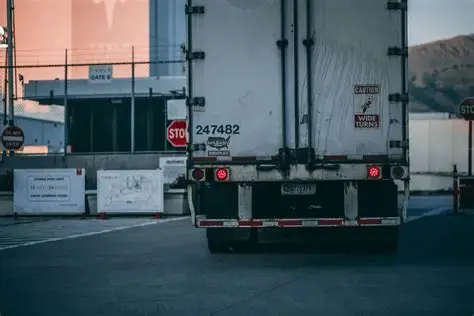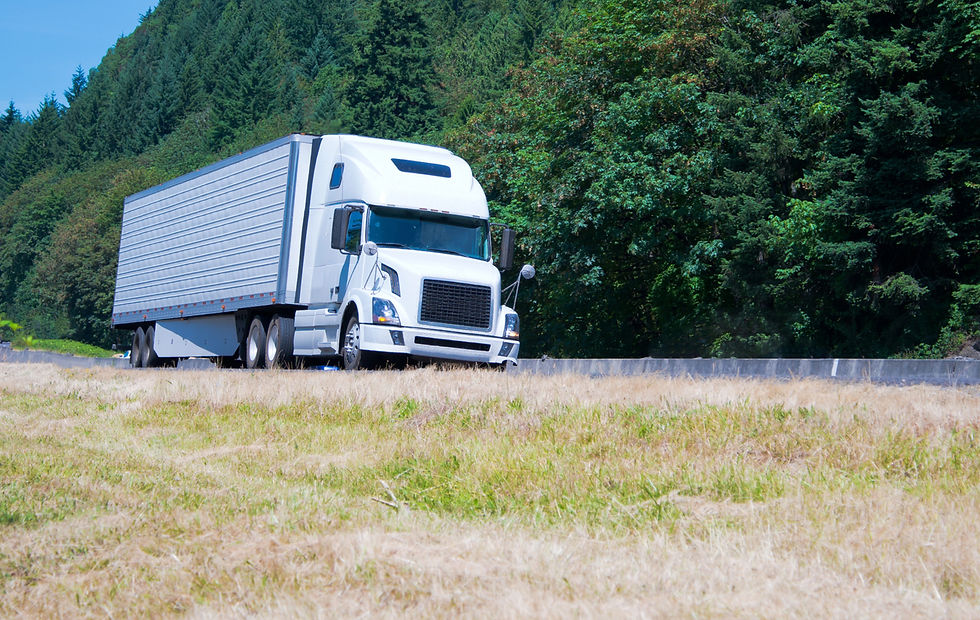How to Start a Trucking Company: Step-by-Step Guide for New Entrepreneurs
- Sep 11, 2025
- 3 min read
Starting a trucking company can be a rewarding venture, especially with the growing demand for freight transportation across the United States. Whether you're an experienced driver ready to become an owner-operator or an entrepreneur entering the logistics industry, understanding the steps to launch your business—and protect it—is essential.

A Guide to Starting a Trucking Company
Step 1: Create a Business Plan
Before hitting the road, outline your business goals, target market, startup costs, and projected revenue. Decide whether you’ll operate locally, regionally, or nationwide, and determine the types of freight you’ll haul. A solid business plan will guide your decisions and help secure financing if needed.
Step 2: Register Your Business
Choose a business structure (LLC, corporation, etc.) and register your company with your state. You’ll also need to apply for an Employer Identification Number (EIN) from the IRS for tax purposes.
Step 3: Obtain Operating Authority
To legally operate as a trucking company, you must apply for a Motor Carrier (MC) number and a USDOT number through the Federal Motor Carrier Safety Administration (FMCSA). These identifiers are required for interstate commerce and regulatory compliance.
Step 4: Purchase or Lease Trucks
Decide whether to buy or lease your trucks based on your budget and long-term goals. Consider fuel efficiency, maintenance costs, and the type of freight you’ll be transporting. You’ll also need to register and title your vehicles with the appropriate state agency.
Step 5: Get Trucking Insurance
Insurance is one of the most critical components of starting a trucking company. Without proper coverage, you risk financial loss from accidents, cargo damage, or liability claims.
At Wexford Insurance, we specialize in business insurance for trucking companies, including:
Auto Liability Insurance: Required by law, this covers bodily injury and property damage caused by your trucks.
Physical Damage Coverage: Protects your vehicles from collisions, theft, and natural disasters.
Cargo Insurance: Covers the goods you transport in case of loss or damage.
Trailer Interchange Insurance: Essential if you use non-owned trailers.
General Liability Insurance: Covers non-driving-related incidents, such as injuries at your office or loading dock.
Whether you're a new venture or an owner-operator, Wexford Insurance helps you find the right coverage to meet FMCSA requirements and protect your business.
Step 6: Hire Drivers and Staff
If you're expanding beyond a one-person operation, hire qualified drivers with clean records and valid CDLs. You may also need dispatchers, mechanics, and administrative staff to keep your business running smoothly.
Step 7: Stay Compliant
Trucking companies must comply with federal and state regulations, including Hours of Service (HOS) rules, vehicle inspections, and drug testing programs. Use electronic logging devices (ELDs) to track driver hours and maintain accurate records.
Step 8: Market Your Services
Build a professional website, network with freight brokers, and list your company on load boards. SEO-optimized content—like this blog—can help your business show up on Google and attract new clients.
Final Thoughts
Starting a trucking company takes planning, but with the right support, it can be a profitable journey. Wexford Insurance offers tailored coverage to protect your trucks, cargo, and business. Whether you're just starting out or growing your fleet, we're here to help you stay compliant and secure. Contact Wexford Insurance today to get a customized quote and expert guidance for your trucking business.




